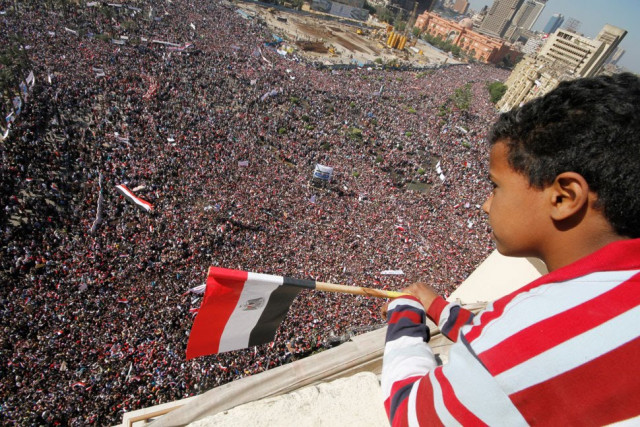Prior to Mohammed Morsi’s win, the Egyptian Army staged many coups. The dissolution of the Egyptian parliament, consisting of elected leaders, who had come to power after an extensive voting process spanning three months, was by far the most effective one yet.
One might ask why this brash manipulation of the electoral process occurred on the military’s part. The answer to this lies in analysing the post-run-off situation in Egypt in terms of power, as perceived by the military.
President Morsi’s inauguration, perhaps, will mean disaster for the old elite; the old guard, the Edmund Burkes of Egypt and the military itself. The Brotherhood promises reforms in the economic sector (although, how successful it will be in its goals remains doubtful, considering the precarious state of the Egyptian economy in cotemporary times) and promises the transfer of power to the people. Hence, the old power guard was all set to be transplanted to give way to the new.
Disregard for the ballot in the Arab world is mostly present due to the dire consequences that democracy brings for monarchies and Sheikhdoms in the region. To take into account the whole picture, one has to accept the reality of what a democratically elected Egyptian government means for the monarchies and Sheikhdoms of the region. The coming to power of Islamists in Tunisia can be ignored but in Egypt — which is the citadel of the Arab world in terms of arts, culture and intellectual development for the past 200 years – the development cannot be overlooked.
If the democratic experiment is successful in Egypt, the Arab spring may soon reach the barren tracts of Saudi Arabia or Qatar.
Without a doubt, the Brotherhood has utilised its 80-year experience of grass roots organisation to make a tremendous impact on the voters. For the electoral process itself, there were no reports of rigging and many international observers declared it as being fair and transparent for the most part.
Democracy is the power of ballot and whoever is able to translate his popular appeal into tangible votes wins the contest.
Read more by Taimur here.
Democracy in Egypt
Democracy will bring disaster for the old elite; the old guard, the Edmund Burkes of Egypt and the military itself.



COMMENTS
Comments are moderated and generally will be posted if they are on-topic and not abusive.
For more information, please see our Comments FAQ